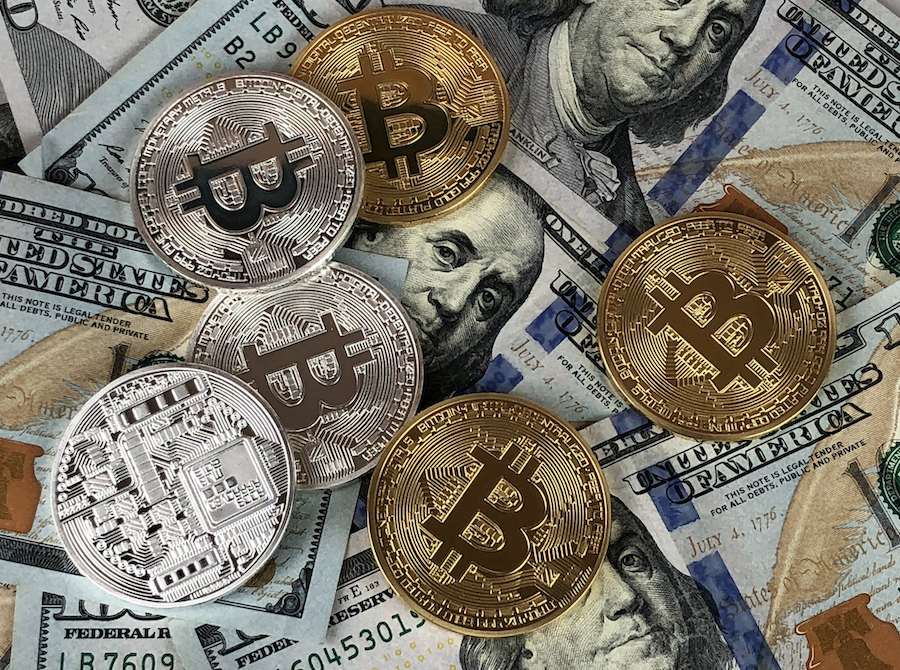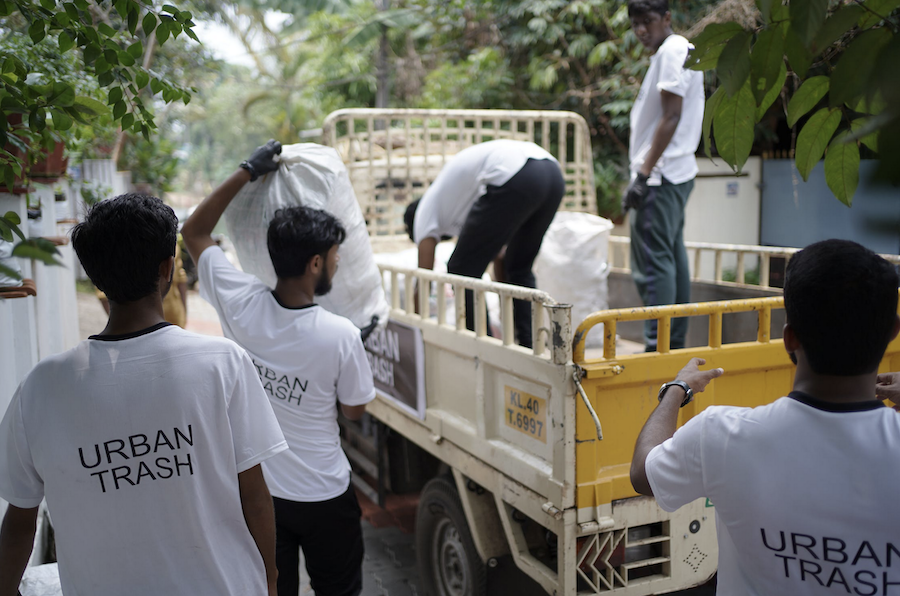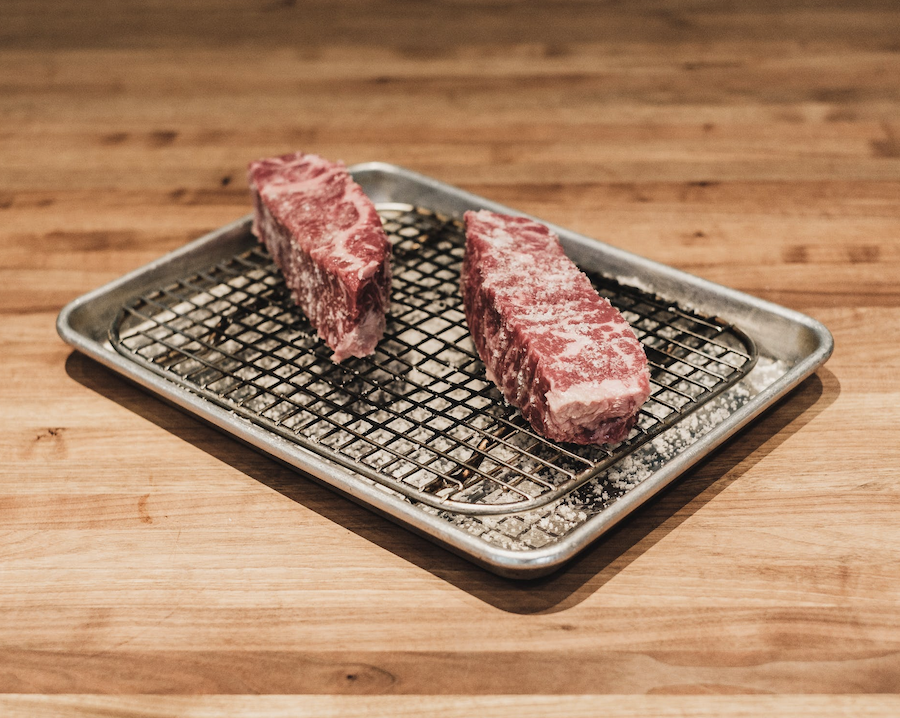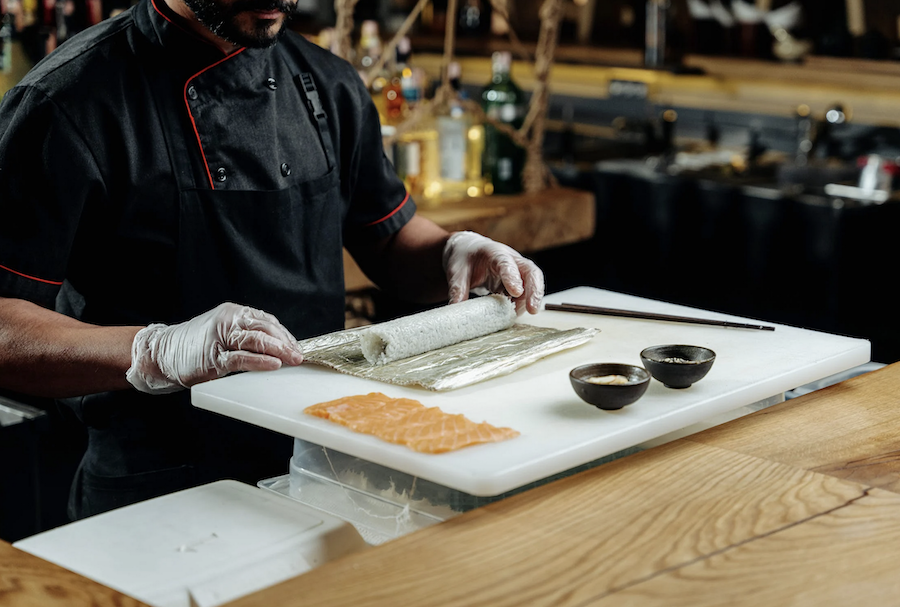Blockchain – 8 Ways Blockchain is Revolutionising the Restaurant Industry
In 2008, blockchain was introduced as the technology underpinning bitcoin — a new digital currency.
Since then, blockchain technology has become widely known and embraced by companies and institutions in many industries.
Blockchain is a ledger system that allows for secure digital transactions without needing a middleman or third-party approval.
This new technology has enabled the development of numerous revolutionary applications, from online banking to smart contracts.
What truly sets blockchain apart is its distributed ledger system, which allows multiple parties to securely store and access data without the risk of corruption or hacking.
The link between blockchain industry and restaurant industry
The restaurant industry may benefit from blockchain technology in a few ways.
For instance, blockchain systems could improve online food delivery by streamlining the process and providing more secure payments.
Additionally, blockchain could help restaurants track the provenance of their ingredients — thus ensuring everyone involved in the supply chain is adequately compensated and that the food is safe for customers.
Lastly, blockchain-based loyalty schemes could reward customers for their loyalty and attract new ones.
In this article , we dive a bit deeper and look at 8 ways in which blockchain is revolutionizing the restaurant industry.
1. Payments
2. Waste management
3. Supply chain tracking
4. Food authentication
5. Loyalty programs
6. Smart contract
7. Data privacy & security
8. Automation
1. Payments
Food delivery and payment processes can be simplified with added layers of security with blockchain technology.
Bockchain-based payment systems enable customers can pay for their food orders with cryptocurrencies or other digital tokens.
Blockchain can also be used to track the entire transaction process from start to finish — reducing the possibility of transactions getting lost.
For, example customer can buy Solana tokens to pay for their food orders. This would make the payment process much faster and more reliable. As per recent prediction “price of Solana will reach $270.43 by the end of 2022 — rising to $411.29 by the end of 2023 and $1,010.57 by the end of 2025”.
2. Waste management
The use of blockchain technology can help restaurants reduce food wastage.
With blockchain, restaurants are able to track their stock levels and the expiration dates of their ingredients.
Additionally, restaurants can use the data collected from their operations to address any inefficiencies in their supply chain.
This data can then be shared with suppliers to ensure they are well informed of any changes in the restaurant’s supply chain.
Another solid use case is helping the restaurant track food temperatures and verify the health & safety standards throughout the journey from farm to fork. This can be done by setting up a temperature sensor in the restaurant’s delivery truck.
3. Supply chain tracking
There are multiple benefits to using blockchain technology when it comes to food traceability.
For instance, all parties involved in the supply chain can benefit from being able to track the entire chain.
This includes where the food came from, who handled it, and which points in the chain are the most vulnerable to contamination.
By identifying these issues early on, businesses can take precautions to ensure the food is safe for consumption.
4. Food authentication
Blockchain can also provide food authentication. This is particularly useful when trying to ensure the authenticity of organic, premium, or rare ingredients.
By using blockchain technology, businesses can be sure that the food they are getting is genuine and of the highest quality.
For example, a restaurant can track the provenance of its seafood to ensure it is sustainably sourced. Blockchain’s role here would be to provide a transparent record of the entire supply chain.
5. Loyalty programs
Another way blockchain can help the restaurant industry is by creating loyalty programs. How, but?
A restaurant could create its own digital tokens and reward customers for every purchase they make.
This could be used to encourage customer loyalty and create repeat business.
Furthermore, this could help restaurants track customer preferences and tailor their menu accordingly.
This can amileorate a resraurant’s success by bringing back the same customers and provide better service to them.
At Bloc we have our own venue rewards platform that allows users to earn our rewards powered by $BLOC and built on the Algorand blockchain.
6. Smart contract
Talk around blockchain cannot be without smart contracts.
Smart contracts are another feature of blockchain technology which could be useful for restaurants.
Smart contracts enable two parties to enter into a trustless agreement, meaning both parties’ assets are immediately transferred when the conditions of the contract are met.
This could be used in the restaurant industry to streamline the payment process, ensuring all parties are paid immediately and eliminating the need for third-party services.
7. Data privacy & security
Data privacy and security is of utmost importance in the restaurant industry.
In recent years, there have been multiple cases of hacks, data breaches and customer data leakage.
This is why blockchain technology is so important for the restaurant industry.
Blockchain allows for secure digital transactions which cannot be tampered with, and is an efficient way of keeping customer data safe
This means customer data is secured and only those parties involved in a transaction have access to it.
Furthermore, blockchain technology can also be used to create digital identities and authenticate customers, ensuring the data is safe and secure.
8. Automation
As per a report by Restaurant Dive, “Forty-seven percent of full-service operators and 37% of quick-service operators feel new technology is key for their businesses.”
Blockchain technology also offers restaurants the potential for automation.
This can be done by leveraging sophisticated algorithms to automate certain processes such as ordering, payment, and food delivery.
This would shorten the time it takes for customers to receive their food and make the process of ordering much simpler and more efficient.
Additionally, blockchain-based automation could help restaurants save on labor costs as they would no longer need to employ as many staff members.
And that’s a wrap (pun intended)!
Blockchain technology certainly offers plenty of opportunities for the food industry.
From streamlining the payment process to improving loyalty programs and food traceability, there is no limit to what blockchain can do for restaurants.
Moreover, blockchain is also a great way to ensure food safety and data privacy.
Finally, an added bonus is that blockchain also provides the potential for automation, which could reduce labor costs and help restaurants become more efficient.
Liked this article? Here are some more reads for you!











